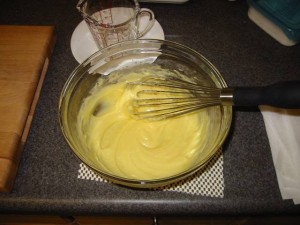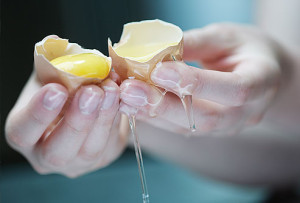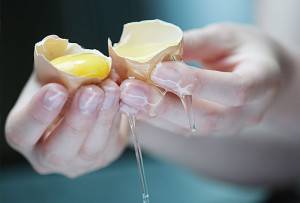 The Copa was eventually closed and sold in 2014.
The Copa was eventually closed and sold in 2014.
But the court case is just beginning.
Alexandra Back of the Canberra Times reports that court was told the outbreak had the quickest incubation period one expert had ever seen, a court has heard.
And the speed at which the Copa Brazilian’s customers got sick could be because of the amount of bacteria ingested, the expert said.
In May 2013, within a week of opening, the 161 customers were served a potato salad with a raw egg aioli in a $45 all-you-can eat deal.
An ACT Health investigation traced the raw eggs to a Victorian supplier, while the Dickson restaurant eventually closed in 2014.
Copa’s owners, Zeffirelli Pizza Restaurant Pty Ltd, still faced criminal charges over selling unsafe food. They have pleaded not guilty.
Their defence was that they believed the food was safe to eat.
Defence lawyer Tim Sharman told the court the owners held a positive and reasonable belief the eggs were safe. He said the eggs came from a primary industry and chain of suppliers that was regulated, and the owner’s were entitled to rely on that regulation.
He said the possibility of a “bad egg” was beyond the owners’ control.
The court heard evidence how a crack in the shell invisible to the eye would allow salmonella to develop inside, but not be seen or smelled.
Further, at the time, the ACT had no guidelines or rules governing how to handle raw egg products, unlike other jurisdictions, Mr Sharman said.
The court was told staff were “disturbed” to hear of the outbreak.
But this was a business, and food poisoning was a risk restaurateurs should be aware of, prosecutor Michael Reardon told the court.
And there was a safer alternative in pasteurised egg products, he said, giving the owners ability to control for the risk of salmonella.
Cameron Moffat, an epidemiologist who at the time was with the ACT Health Service, said the use of products such as raw egg mayonnaise in restaurants was “in vogue”, and causing some problems, Mr Moffatt told the court.
Radomir Krsteski, manager of the microbiology unit at ACT Health, also gave evidence at the ACT Magistrates Court on Thursday.
 He said pasteurisation – a process of heating the egg products – was the safest way to ensure an egg would be free of salmonella.
He said pasteurisation – a process of heating the egg products – was the safest way to ensure an egg would be free of salmonella.
He also explained how a “bad egg” with a hairline crack and kept in conditions favourable to the bacteria, could become contaminated with salmonella without someone’s knowledge.
Maybe there’ some Salmonella-night-vision goggles I don’t know about. But do restaurant owners really want to make people sick, and do they really want to lose their business?
When we go out to eat, which is increasingly rare, I always ask, does your chef use raw eggs in the aioli or mayo or something else that is not cooked?
In Australia the answer is usually a convincing yes.
I try not to be an ass about these things, but what I do say is, look at all the raw-egg related outbreaks in Australia and then say something like, we’re fans of your food, that’s why we come here. Do you really want to lose this business you worked so hard for because of a dip?
A table of Australian egg outbreaks is available at https://barfblog.com/wp-content/uploads/2015/03/raw-egg-related-outbreaks-australia-3-2-15.xlsx





